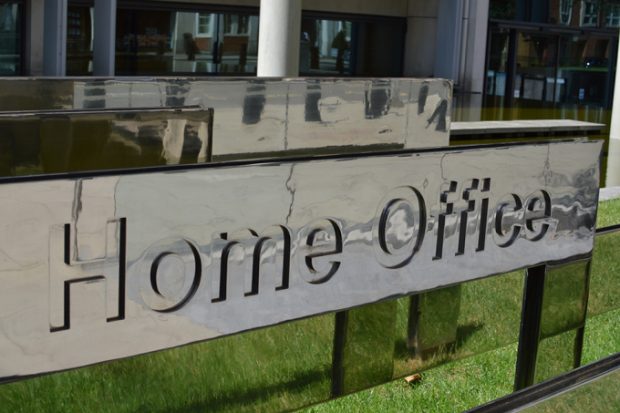Our most up to date fact sheet on right-wing terrorism can be found here
The Government's counter-terrorism strategy, CONTEST, responds to all forms of terrorism - whatever ideology motivates the terrorist and whatever methodology they seek to use. This fact sheet explains the threat posed by right-wing terrorism and our response.

Threat
- The threat from Islamist terrorism remains the foremost and most significant, however, the threat from extreme right-wing terrorism has evolved in recent years, and it is growing. In the past six years, four terrorist attacks in the UK were carried out by lone actors motivated to varying degrees by extreme right-wing ideologies. This included the murder of Jo Cox MP in June 2016.
- Before 2014, extreme right-wing activity was confined to small, established groups with an older membership, which promoted anti-immigration and white supremacist views but who were assessed to present a very low risk to national security. The emergence of National Action in 2014 increased community tensions and the risk of disorder.
- The latest statistics on the use of terrorism legislation shows that the proportion of terrorist prisoners holding far-right ideologies is 13% and this has increased over the past 3 years, with the number up from 21 to 28 in the latest year.
The response: operational activity
- Since the beginning of 2017, the police have disrupted five extreme right-wing terrorist plots.
- In December 2016, National Action was the first extreme right-wing terrorist group to be proscribed as a terrorist organisation. As a result, being a member - or inviting support for - the organisation is a criminal offence, carrying a sentence of up to 10 years' imprisonment. In November last year six people were convicted of being members National Action and, prior to that in September 2017, we extended the proscription to cover Scottish Dawn and NS131 as aliases of National Action.
- Following the terrorist attacks in 2017, the joint MI5 and counter-terrorism policing Operational Improvement Review (OIR) proposed an increased role for MI5 and the Joint Terrorism Analysis Centre (JTAC) in extreme right-wing terrorism. Work to implement this change is underway and a formal update is due to be published shortly.
The response: Prevent
- The Prevent strand of our counter-terrorism strategy, seeks to tackle the influences of radicalisation and respond to the ideological challenge of terrorism. It also seeks to encourage debate and provide a credible counter narrative to terrorist ideologies. Like the overall counter-terrorism strategy, Prevent deals with all forms of terrorism, including Islamist and extreme right-wing, and does not focus on any one community.
- In 2017/18, 44% of those referred to a Channel panel were for concerns related to Islamist extremism and 18% were referred for concerns related to right wing extremism, 44% of those who were then provided with support through the Channel programme were referred for concerns about right wing extremism.
The response: other tools
- Action has been taken beyond prosecutions for terrorism-related offences to address far-right extremism. For example, members of Britain First received custodial sentences for religiously-aggravated harassment.
- The Home Secretary has the power to exclude a foreign national from being able to enter the UK if he considers that their presence in the UK would not be conducive to the public good. Additionally, Border Force officers can and do refuse entry if they believe a foreign national poses a risk to UK society.
- An additional £160m has been provided to counter-terrorism policing in 2019-20, a year-on-year increase of £59m which takes their annual funding to over £800m.
- Through the Counter-Terrorism and Border Security Act 2019, we have strengthened our terrorism legislation to enable the courts to impose more robust sentences and to ensure the criminal justice system is equipped to deal with modern terrorist methodologies.
The response: protective security
- The Government's counter-terrorism strategy, CONTEST, describes the work that is being carried out to strengthen the UK’s protection against a terrorist attack.
- As part of our commitments in the 2016 Hate Crime Action Plan, we committed £2.4m over three years to provide protective security measures to places of worship that need increased protection from hate crime attacks.
- We want to consult with communities about what more can and should be done. Today (19 March 2019) Government has announced a further £1.6m of funding for next year’s Places of Worship protective security fund alongside £5m over 3 years to put in place a new security training fund for places of worship of all faiths.
- Over Ramadan, the Home Office supported Faith Associates to provide security training and advice to mosques, community centres and madrassahs.
- Through the Building a Stronger Britain Together Programme, the Home Office has awarded funding and support to over 230 civil society groups to tackle extremism.
